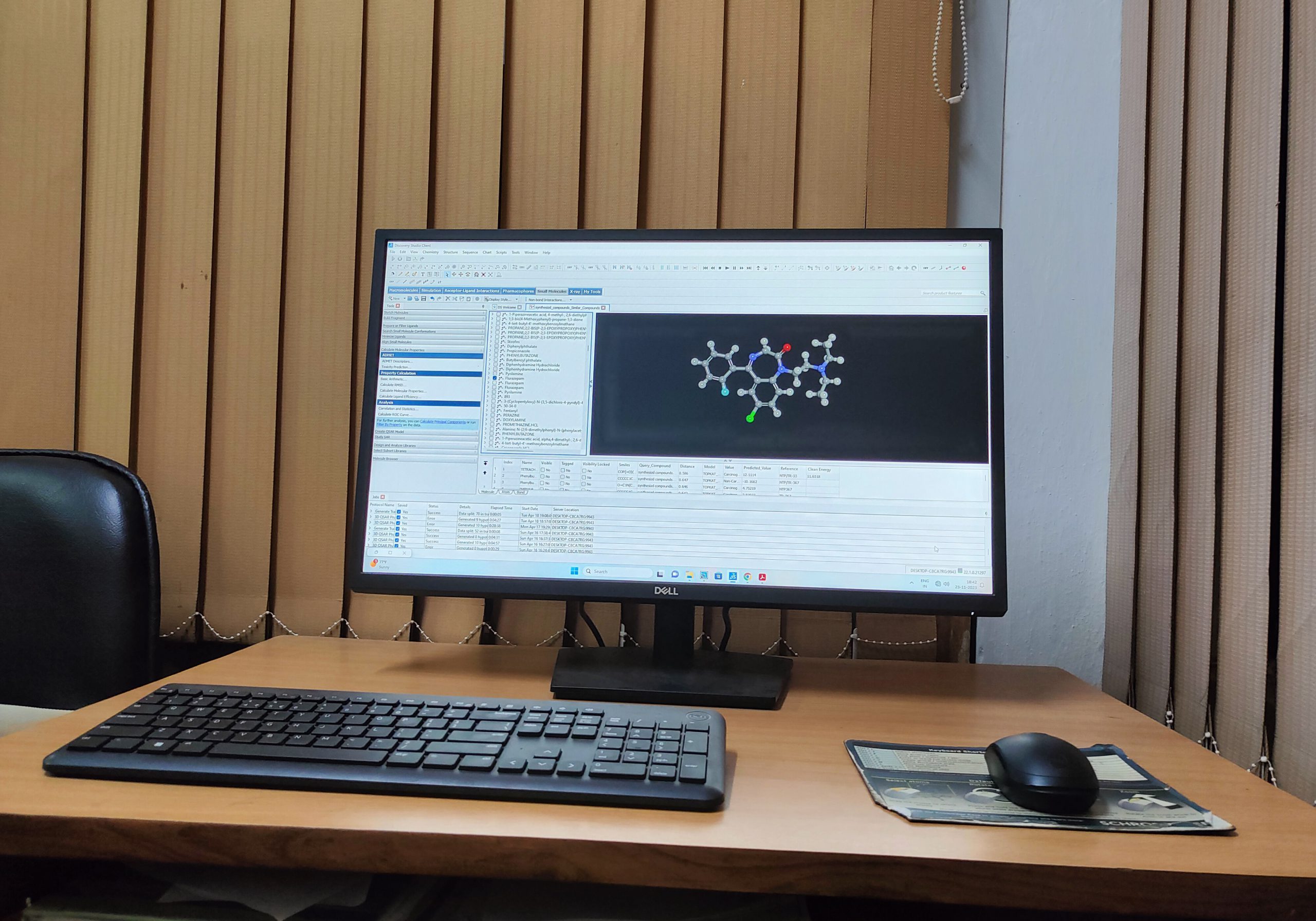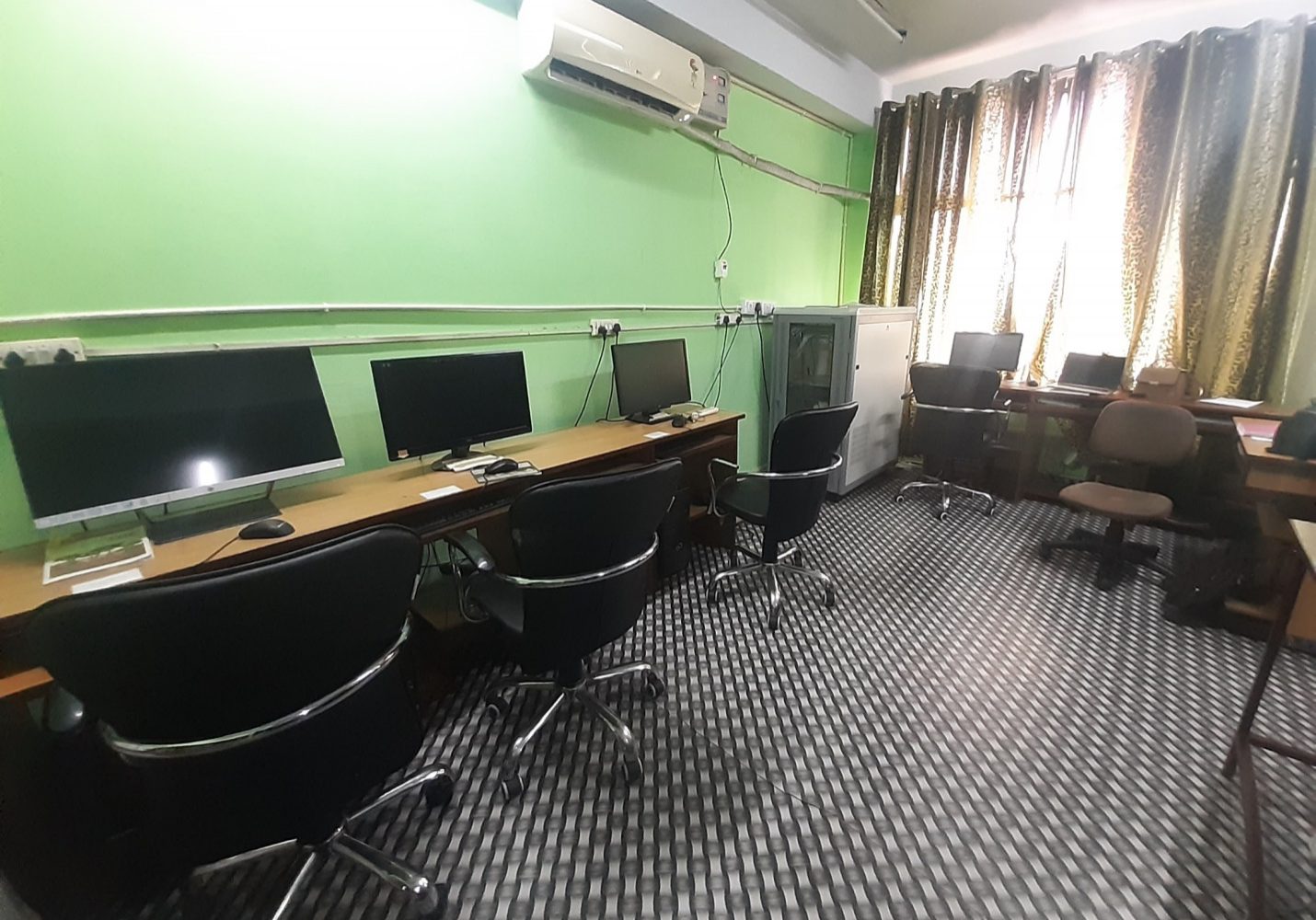Punjabi University Patiala, Punjab
Advancing Drug Design and Toxicoinformatics: The Pioneering Role of the Centre at Punjabi University
The Bioinformatics Center at Punjab University, Patiala upheld the dual focus on knowledge dissemination and the development of tools/databases for multi-target molecules crucial in combating multifactorial diseases. This includes assisted formulation development and toxicoinformatics. The Center is actively involved in tools and database development related to drug toxicity, drug distribution, and the formulation of small drug molecules for treating complex diseases like Alzheimer's, Diabetic Complications, and Resistant Cancer. The center is also committed to training faculties, scientists, and postgraduate/doctoral fellows in bioinformatics for innovative drug discovery and development.
The Center aims to equip postgraduate and doctoral fellows, scientists from various industries, and young faculty members with comprehensive training in handling computational tools for in-silico drug design. Additionally, it focuses on utilizing molecular modeling tools to advance drug design and research methodologies. It strives to employ in-silico-assisted techniques for molecular design and formulation development, tailored for addressing a spectrum of diseases. Priorities include developing multi-targeting molecules for treating various multifactorial diseases and organizing workshops, conferences, and hands-on training sessions for students and researchers.


The center’s research outcomes on designing multi-targeted molecules for treating complex diseases and advancing formulation development have been published in peer-reviewed international journals. Mr. Gera Narendra, a research scholar affiliated with the center, received the prestigious Punjab Young Scientist Award in 2023, recognizing his outstanding contributions to the field. Furthermore, the center has conducted eight workshops encompassing various domains of bioinformatics and Computer-Aided Drug Design (CADD). These workshops covered essential topics such as protein modeling, network pharmacology, formulation development, and ADME prediction. Renowned experts led informative sessions and hands-on training modules, benefiting over 270 participants nationwide, including postgraduate/doctoral fellows, faculties, and scientists.
In terms of infrastructure, the center houses a high-performance workstation featuring an Intel Xeon Processor, NVIDIA RTX 5000 GPU, and 32 GB RAM. This robust setup facilitates the virtual screening of extensive datasets and supports molecular dynamics (MD)/quantum mechanical (QM) studies, employing commercial software like Discovery Studio and Material Studio.
The center is actively engaged in developing machine learning-based web
tools focused on predicting penetration enhancers and crafting multi-target molecules specifically aimed at addressing Alzheimer's disease.

